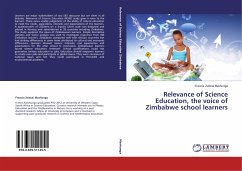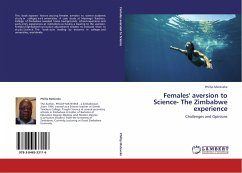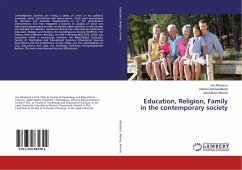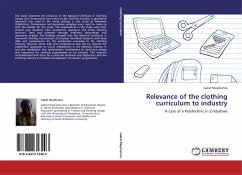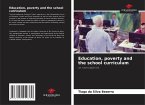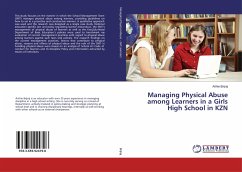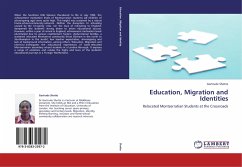Learners are major stakeholders of any S&T discourse but are silent in all debates. Relevance of Science Education (ROSE) study gives a voice to the learners. These views enable judgement of the ability of science education to meet the needs, aspirations, interests and expectations of the learners. A questionnaire of 255items on a 4-point Likert scale was designed and piloted in Norway and administered in 28 countries including Zimbabwe. The study explored the views of Zimbabwean learners. Simple descriptive statistics and factor analysis was used to investigate responses from 784 Zimbabwe learners. Zimbabwe compared well with African countries but had striking differences in some items attributed to cultural and economic differences. Learners showed mature interests, real experiences and expectations for life after school. In conclusion, Zimbabwean learners found science education irrelevant. School qualifications could not guarantee tertiary education or jobs. Education should empower learners to create own jobs and participate in global issues. They were conscious of national issues and felt they could participate in HIV-AIDS and environmental problems.
Bitte wählen Sie Ihr Anliegen aus.
Rechnungen
Retourenschein anfordern
Bestellstatus
Storno

